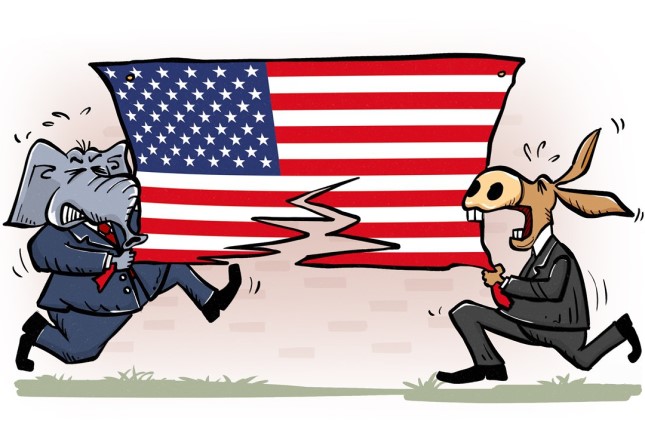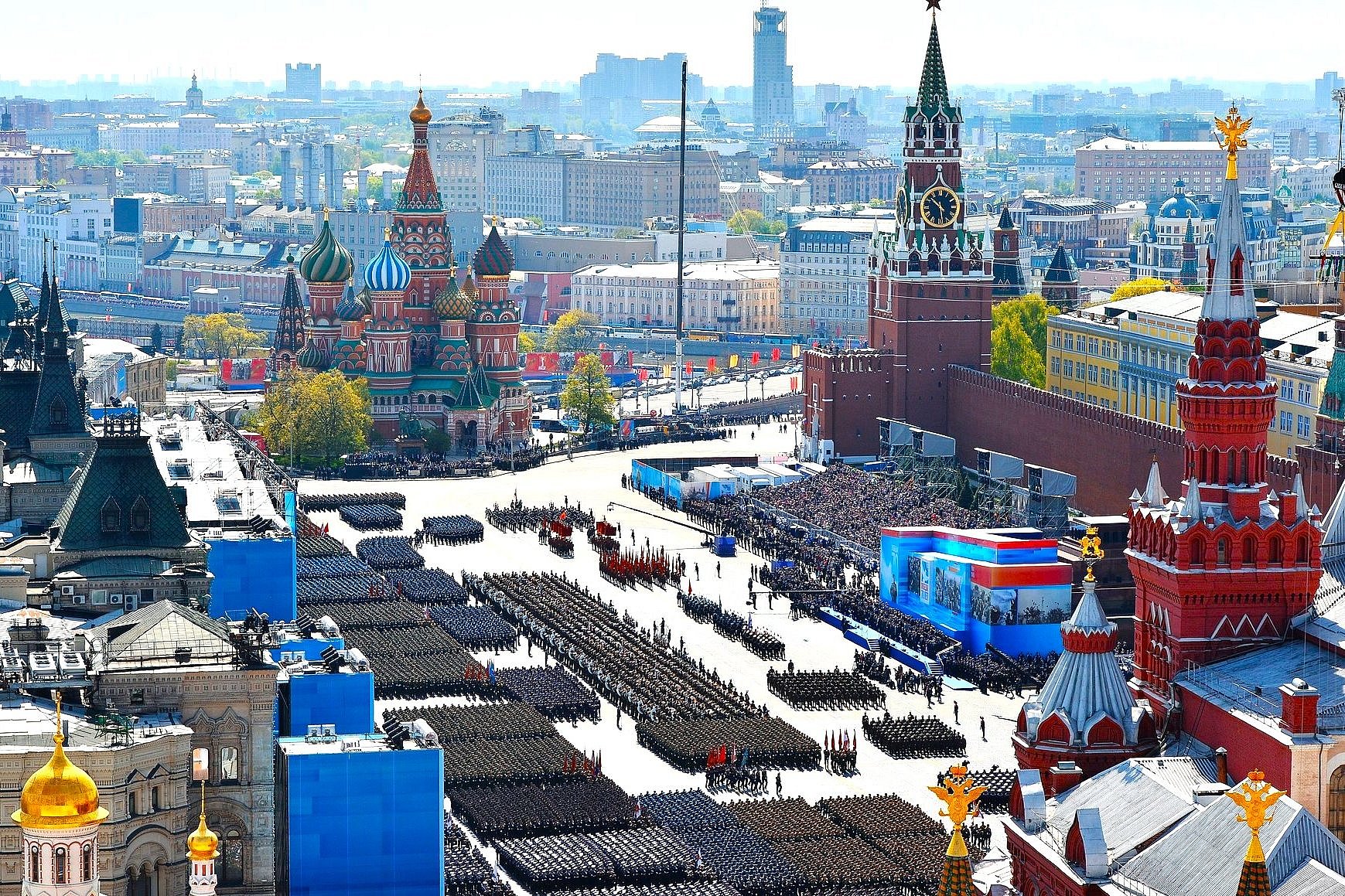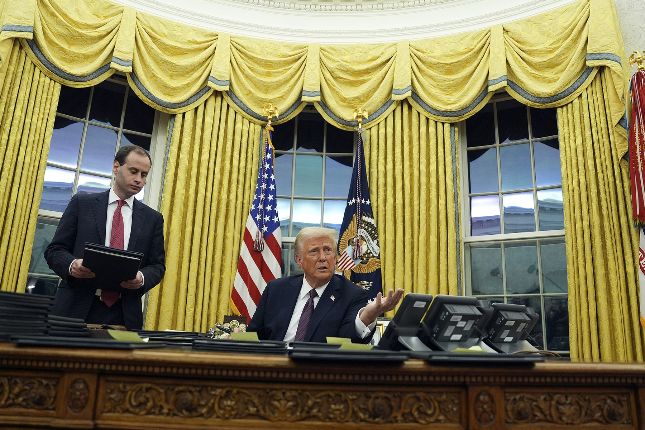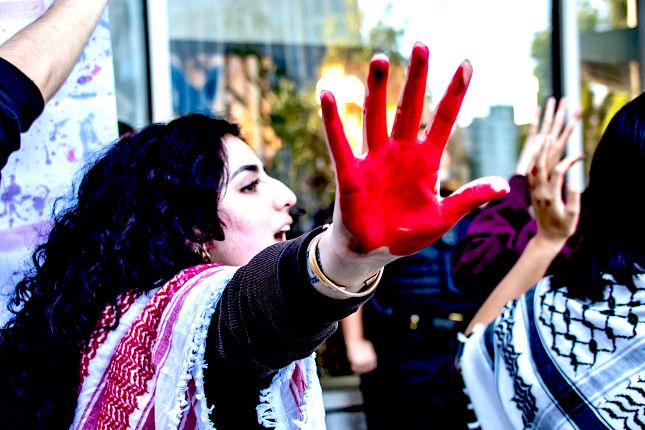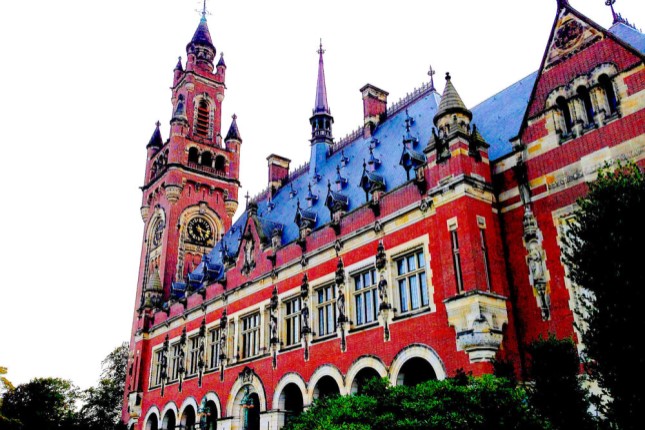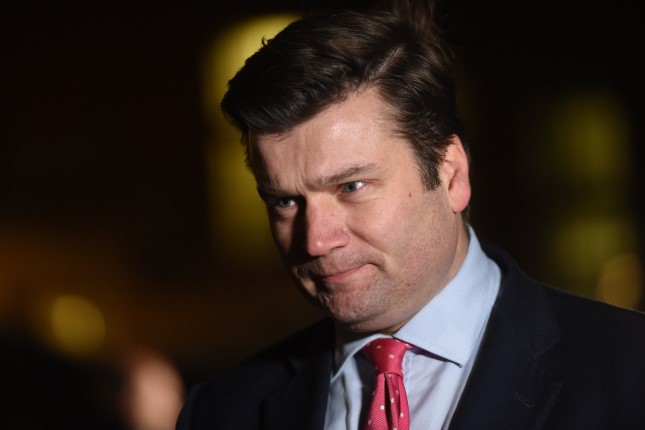On Friday, the criminal indictment against Trump over his handling of classified government records was unsealed, revealing 37 counts, making him the first former president in US history to be indicted on federal charges. Many see this as a sign of the increasing polarization and politicization of the US judicial system.
"The US has reached an unprecedented period when partisan struggles have risen to such a level that judicial means are being used to resolve partisan disputes. In the history of the US, there has never been a former president who has faced federal charges. The entire US judicial system is now caught in a political vortex," Lü Xiang, a research fellow at the Chinese Academy of Social Sciences, told the Global Times.
"There is no precedent case and it's clear to see political motivation. Whatever is happening is groundbreaking in American history and shows how the American legal system works," Lü noted.
In a speech in Georgia on Saturday, Trump criticized the indictment against him as "one of the most horrific abuses of power in the history of our country." He also accused Biden of "trying to jail his leading political opponent, an opponent that's beating him by a lot in the polls, just like they do in Stalinist Russia or Communist China."
Zhang Tengjun, deputy director of the Department for Asia-Pacific Studies at the China Institute of International Studies, said that from the Republican Party's perspective, the indictment would undoubtedly be a potential blow to Trump's campaign at an early stage, and would create more obstacles to his subsequent campaign process.
The latest federal criminal indictment launched by the US Department of Justice against Trump has intensified the confrontation between the two parties in the US. As the election approaches, the political movement represented by Trump and Biden has become a cause for concern, and the party dispute is increasingly intensifying.
"The campaign will certainly turn white-hot, with personal attacks and bottomless behavior becoming common in the US campaign. The tensions between the two parties will cause an extremely complex situation," said Zhang, noting that both parties will have to debate and respond to more controversies around the candidates themselves, which would not contribute to a healthy atmosphere for the campaign.
For voters, they naturally hope that the focus of the election campaign is on the benefits of voters, the welfare of the people, and the development of the country. However, if it turns out to be such a personalized campaign, it will clearly lead to more uncertainty regarding the election and the political stability of the US.
Some scholars from the US' allies are also concerned about US' political stability. Ahn Byong-jin, a political scientist at Kyung Hee University in Seoul, said, "This will be a barometer moment for the Americans: whether they will decline to become a political Third World nation or will reestablish themselves as a liberal democracy."
"I think it is a quite sharp label, the so-called mature and stable political system of the US is being shaken," said Zhang.
Lü echoes his view: "One problem that the earliest American lawmakers did not take into account was the possibility of elected leaders being bad people. The second problem is that they didn't consider the possibility of the Congress failing to make an effective impeachment due to political struggles, as is happening now."
What Congress could have been done was transferred to the judicial organ, and this was not supposed to go this far, Lü added, emphasizing the situation has been a huge test for the US. Now it is a stalemate, and the American rule of law has been derailed.
Photo: Chen Xia / Global Times.
Source: The Global Times.
